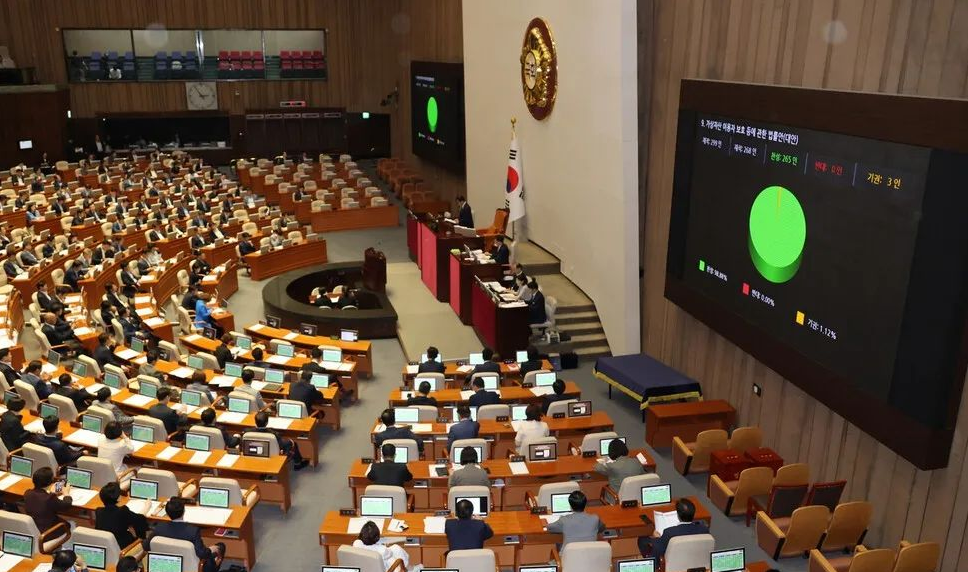Monroe, zcash, Dash, etc. have been taken off the South Korean big exchange Upbit, the privacy of the currency really reached the end of the road?
Another large cryptocurrency exchange has delisted a large number of private currencies, and the reason is also based on the recent regulatory requirements of the International Financial Action Task Force (FATF).

Image source:
Trading support for Monroe (XMR), Dash, zcash (ZEC), Haven (XHV), bittube (TUBE) and PIVX (PIVX) will be available on September 30, according to the announcement of the Korean exchange Upbit. (Monday) is over.
- President of Ant Financial Service: Blockchain has become the core "technical" capability of ants
- Decentralized autonomous organization: development status, analytical framework and future trends
- Long Baixuan: The essential reason why banks are "big but not down" is that lending creates liquidity.
Upbit announced the investigation of the six currencies in early September. The exchange was in the process of determining whether these privacy coins met the requirements set out in the guidelines issued by the FATF last June.
In general, a private currency does not reveal an individual's address or identity when transacting on a public ledger. Other exchanges have also begun to delist such coins. For example, this summer, Coinbase UK announced the removal of zcash, and earlier this month, OKEx Korea announced the release of a variety of privacy coins.
And this time it was Upbit, the company's blog wrote that the possibility of money laundering and privacy money flowing into the exchange was the main reason why these coins were removed.
“Some encrypted assets can selectively exploit the anonymity of the project, which is why we terminate their trading services. For these encrypted assets, Upbit only supports transparent withdrawal/deposit support. However, termination of transactions on such encrypted assets The decision to support is also to prevent the possibility of money laundering and capital inflows from external networks. Upbit will continue to consider the option of encrypting assets with anonymous features as a designated investment warning encryption asset."
The privacy currency has recently been frequently removed from major exchanges, and this reason has also been accused of causing a plunge in the price of private currency. According to Messari, zcash prices have fallen by more than 50% since joining the ranks on the 1st of July, falling by nearly 20% over the same period.
However, the decline in exchanges and price declines may not necessarily slow down the development of privacy currency technology. Last month, zcash development company Electric Coin released Halo, a new zk-SNARK technology that validates the entire blockchain at a time.
We will continue to update Blocking; if you have any questions or suggestions, please contact us!
Was this article helpful?
93 out of 132 found this helpful
Related articles
- Bank giant Wells Fargo executives: Our stable currency is faster, cheaper and more efficient than SWIFT
- The secret behind the Libra currency basket – blockchain weekly
- Market Analysis: The long-term sentiment of the BTC market is gradually unfolding, and the pressure reappears.
- Shao Yu: If Libra succeeds, it will create an ultimate corporate empire
- Why is cryptocurrency attractive to corporate executives?
- How to get valuable news in the currency circle?
- The blockchain infiltrates the 78 trillion supply chain market, and listed companies with a total market value of 640 billion yuan are in the process.





